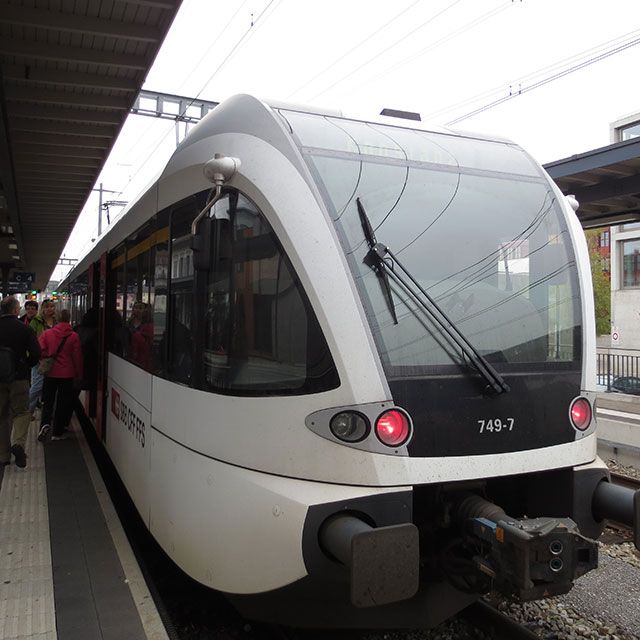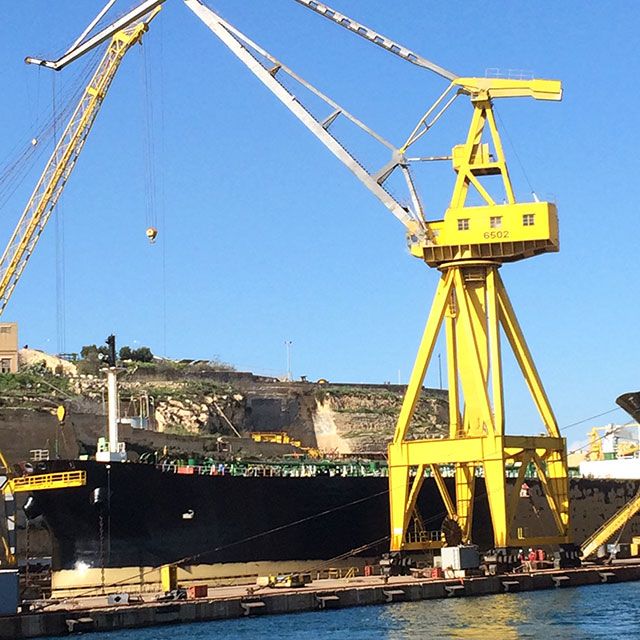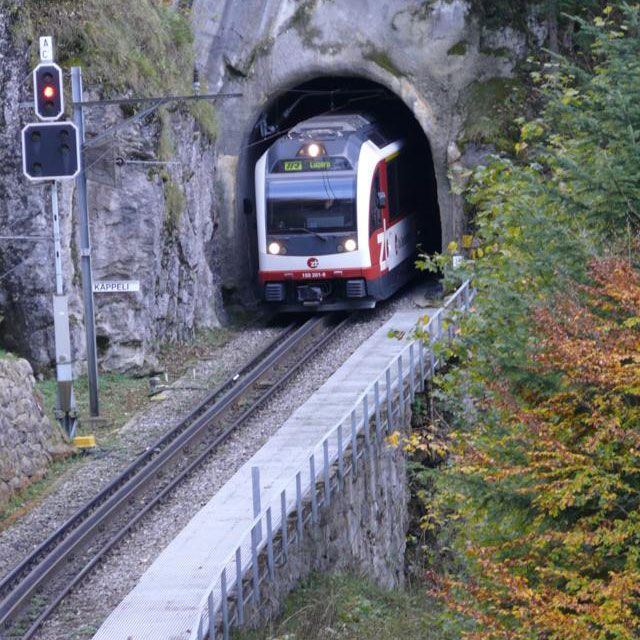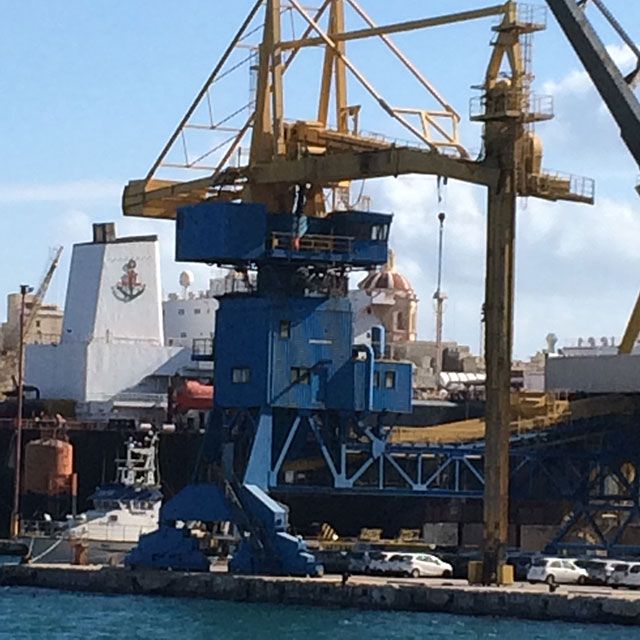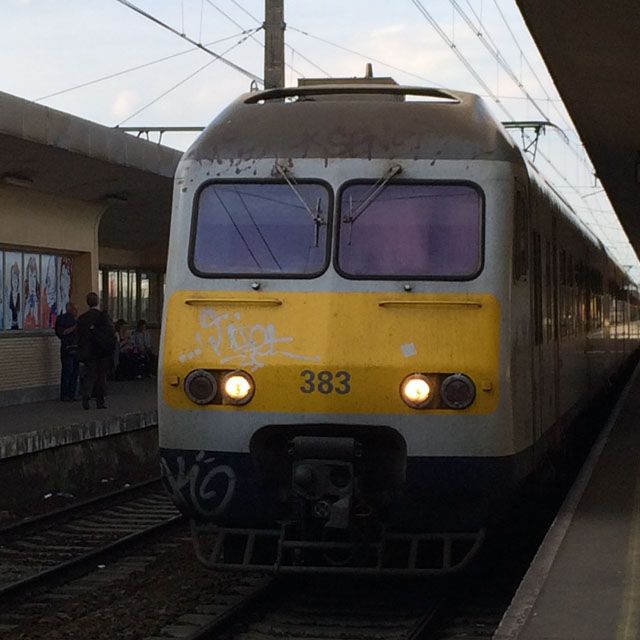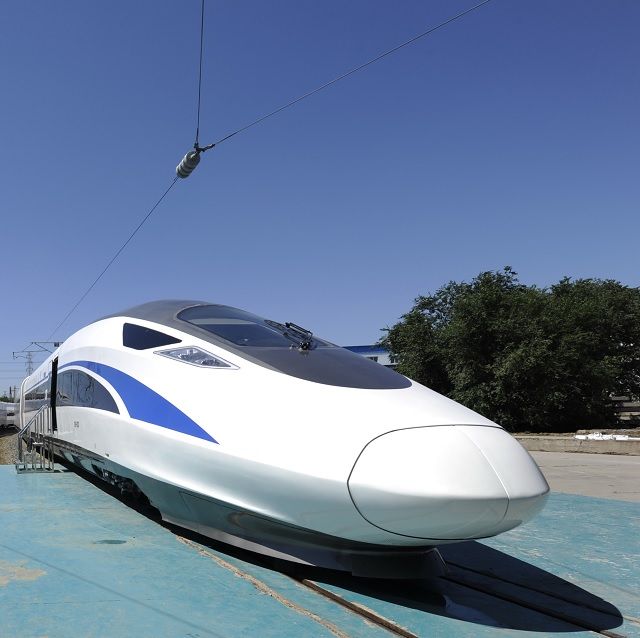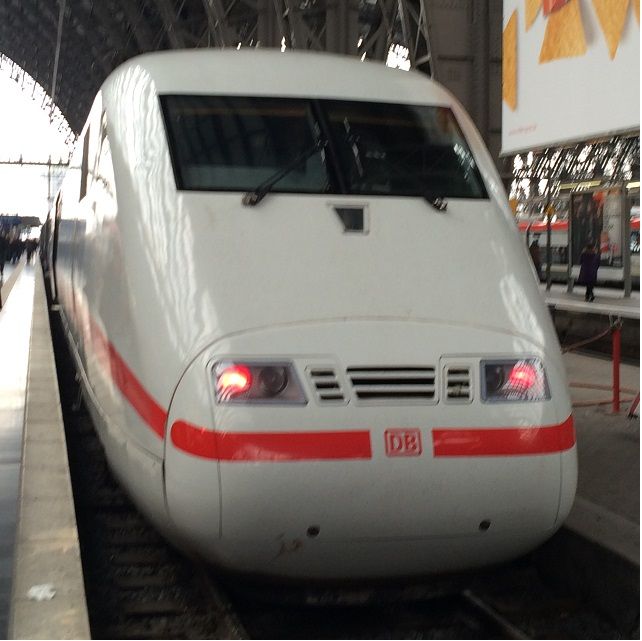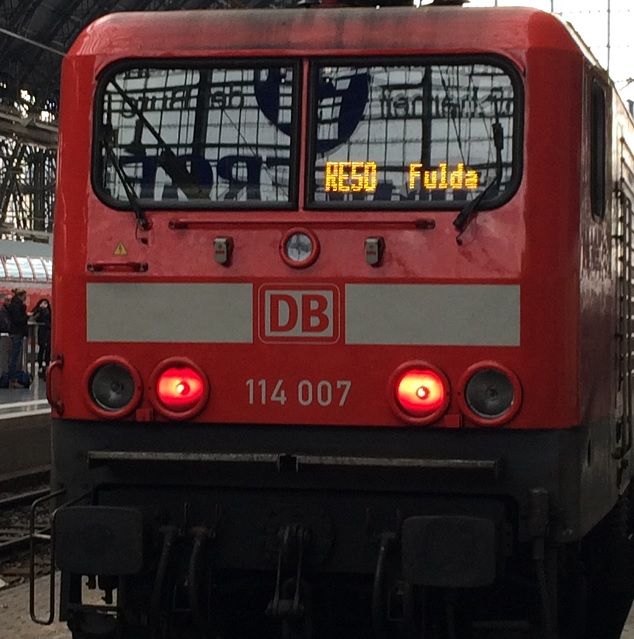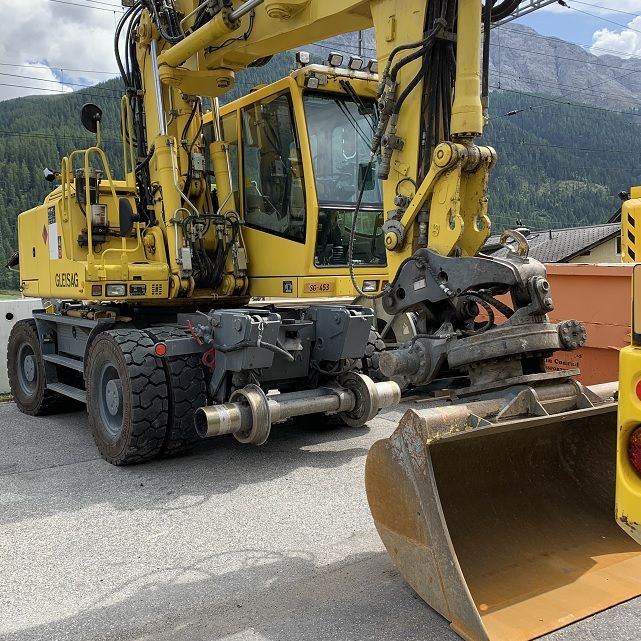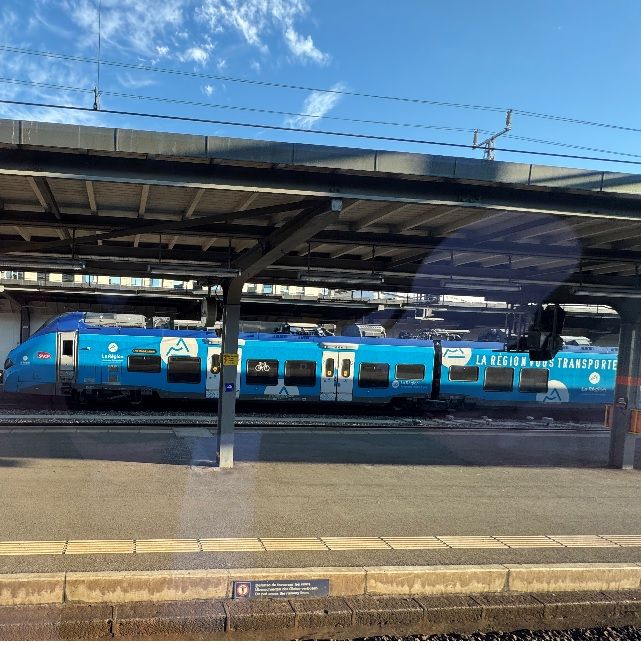News
ECAs must take into account the benefits of the Luxembourg Rail Protocol
The Rail Working Group (RWG) and the International Institute for the Unification of Private Law (UNIDROIT) have today filed a detailed submission to the annual consultation between OECD Civil Society Organisations Export Credit Agencies (ECAs), in which they present strong arguments in favour of ECAs reducing financing costs when the Luxembourg Rail Protocol applies to the debtor. Implementing this change will help developing countries to build back greener by investing in railways, and at the same time open up new markets for rolling stock manufacturers in OECD states. With Spain due to sign the Protocol on 3rd November, the Protocol is expected to enter into force in contracting states in the near future.
The submission highlights the current problem with the application of country risk classifications under the current Rail Sector Understanding that applies to export credit agencies in OECD states. The classification determines the lowest financing rate that can be supported by ECAs, but this system does not recognise the additional security given to creditors that provide secured finance when they are protected by an international treaty. UNIDROIT and the RWG argue that this conflates state credit risk with the “rule of law” risk: the risk that creditor claims will be enforced through local courts. The adoption of the Luxembourg Rail Protocol to the Cape Town Convention in the state where the debtor is located introduces at least nine different factors that will significantly reduce creditor risk. This is already recognised by ECAs in relation to aircraft under the Aircraft Sector Understanding when the parallel Aircraft Protocol to the Cape Town Convention applies.





